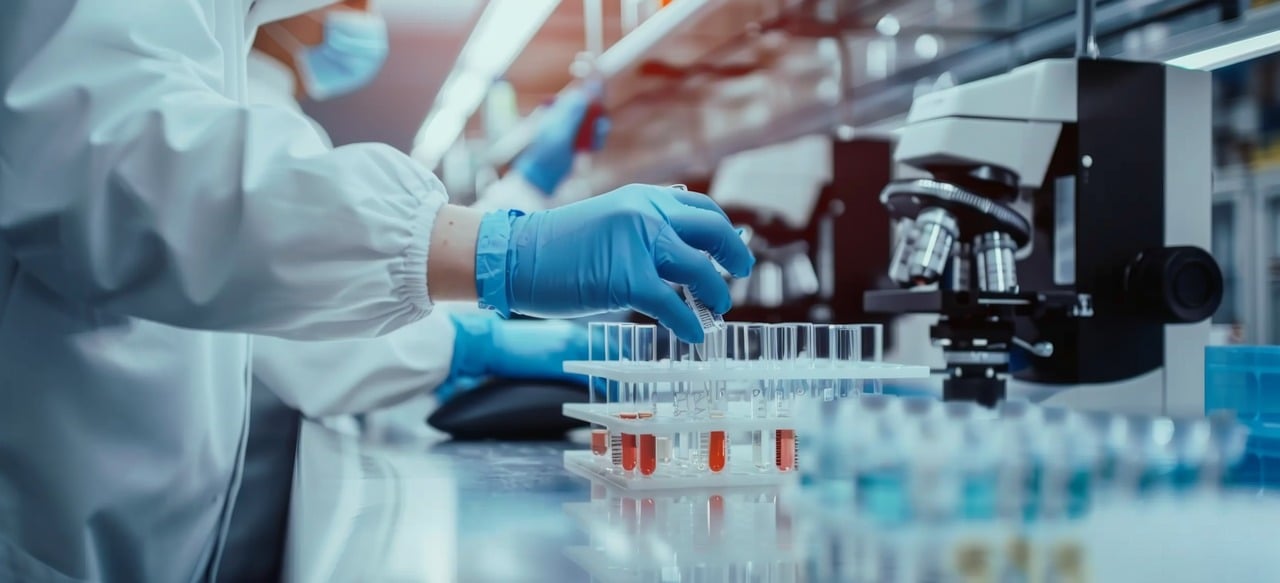The Biochemistry of Metabolism course initially examines the fundamental principles of cellular metabolism, the design of biochemical pathways, and the biomolecules that play a central role in organizing metabolic processes. It provides an in-depth analysis of the levels and molecular and biochemical mechanisms that regulate metabolic functions. The course explores the organization and regulation of key cellular metabolic pathways, such as glycolysis, gluconeogenesis, the citric acid cycle, and oxidative phosphorylation, analyzing the fundamental structure of cellular energy metabolism. Building on this foundation, the course further examines essential metabolic processes, including the pentose phosphate pathway and the metabolism of carbohydrates, amino acids, fatty acids, and lipids, covering both biosynthetic and catabolic pathways. In each case, it thoroughly discusses the molecular and biochemical regulatory mechanisms of these processes in cell and organism levels, with a particular focus on the role of hormones in orchestrating the metabolism.


